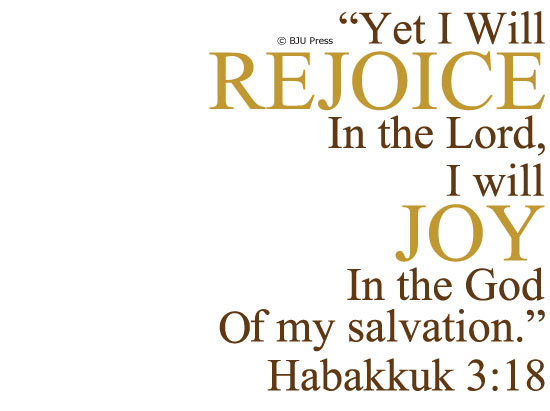A young woman gracefully makes her way into the king’s court and stands quietly, waiting to be noticed—swan-like, queenly. Her beauty turns heads and, more importantly, leaves the king himself spellbound. The king invites her to approach. But she has been sent there by the hand of Jehovah to do more than take the king’s breath away. She must completely capture his sympathies. She ends up succeeding and thereby becoming one of the most celebrated heroines of all time—a soldier whose uniform is the finery of court. Her mission? Saving her nation and changing the course of Jewish history—a mission she could accomplish only by her willingness to trust.
And her name? Esther.
Trust in a God-fearing mentor
As queen, Esther was in a position far superior to that of her cousin and former guardian, Mordecai. Once she married the king, her days as an orphan under Mordecai’s authority were behind her. Her life was dictated by the expectations of the royal court. Yet she still consulted and trusted Mordecai and obeyed his call to action (Esther 4:10–16). Her loyalty to him remained steadfast in spite of her exalted circumstances, something that could only be attributed to a respect forged by years of tender nurturing and careful training from her youth. Though she had only recently emerged from her teens, she lost none of her high regard for Mordecai.
Trust under a stranger guardian
Esther’s preparation to meet the king was long and appears to have been fairly regimented. The desire to make a strong and favorable impression required great attention to detail. However, Esther’s undemanding spirit is noted in Scripture in contrast to the attitudes of other more forthright women who were vying for the king’s attention. Her trust extended to the one providing her day-to-day needs since “she required nothing but what Hegai the king’s chamberlain, the keeper of the women, appointed” (Esther 2:15). Esther’s contentment no doubt contributed to her beautiful countenance, and she saw her Lord supply all her need through Hegai.
Trust in her King of Kings
Esther’s most powerful demonstration of trust appears when she lays her life on the line for her people—God’s people. Her words of concession (“if I perish, I perish”) to Mordecai ring through the corridors of time and establish her as one of history’s greatest heroines (Esther 4:16). She requests that her people commit to prayer and fasting as she prepares to approach the king. By faith, she submits herself unselfishly to God’s hard task and witnesses God’s astonishing deliverance—not only for her but also for her people.
The deeds of this conscientious queen were not merely forged by extreme circumstances. They came from a heart well-rehearsed in trusting Jehovah. Esther conquered her fears because she had first been conquered by her heavenly Father. Reliance on Him and not herself helped this young queen accomplish her mission.
How do you show your trust in God in your daily actions?


